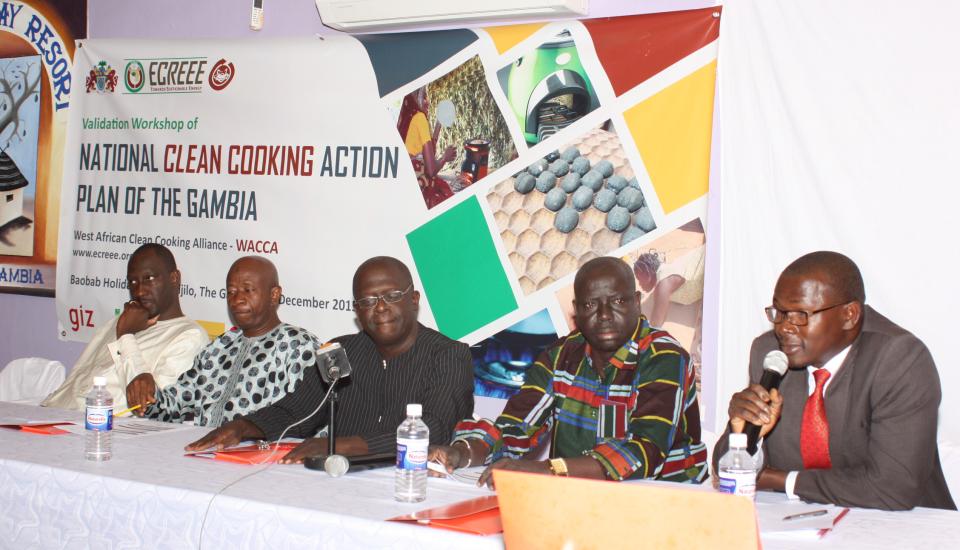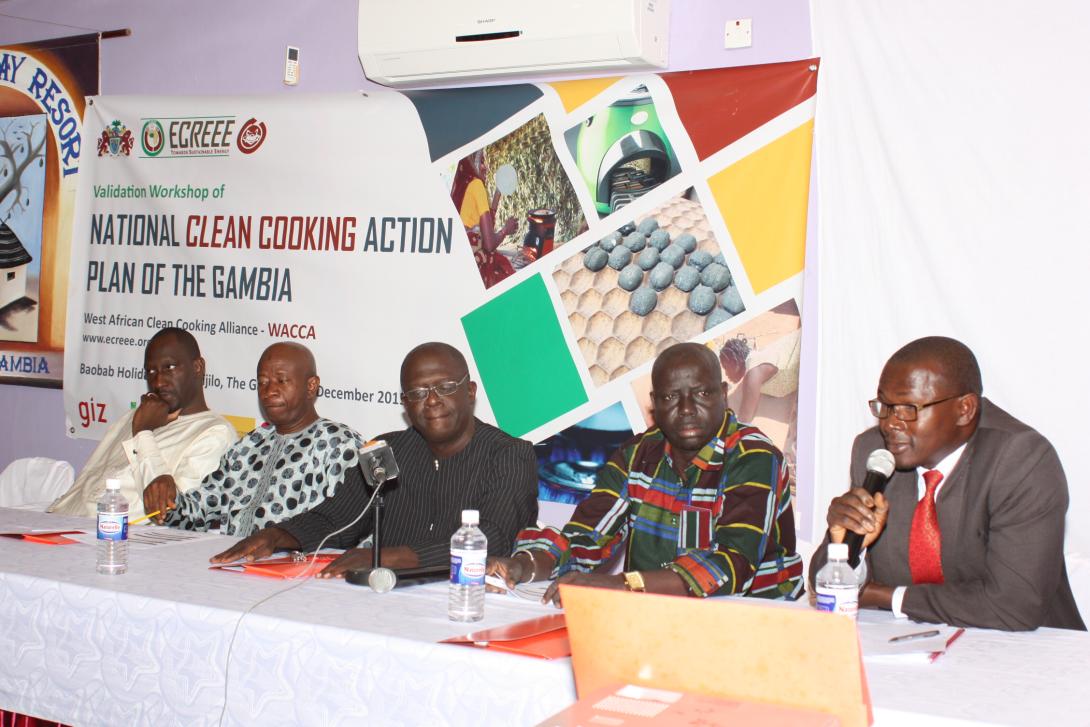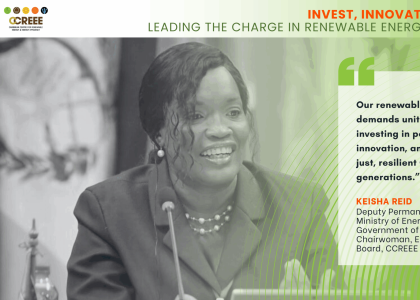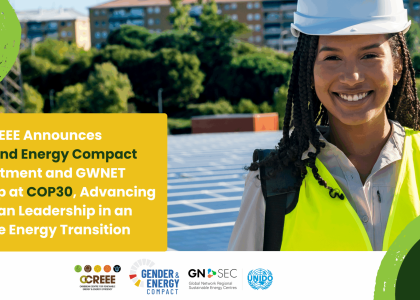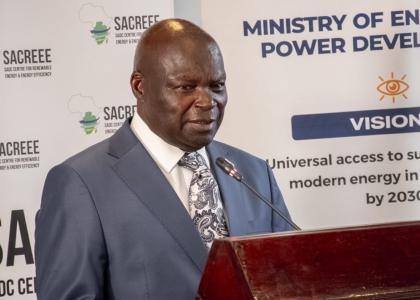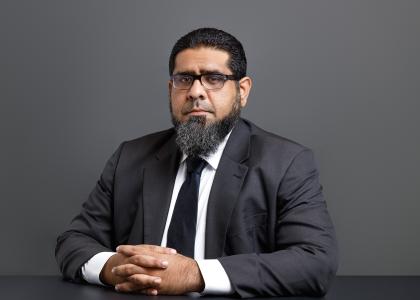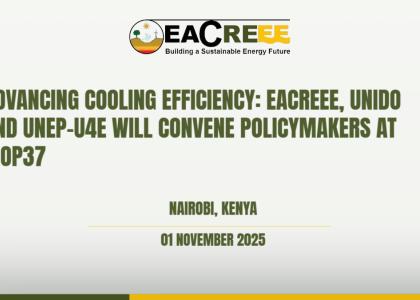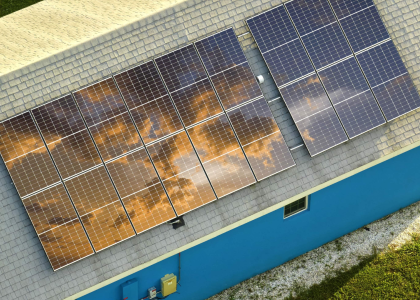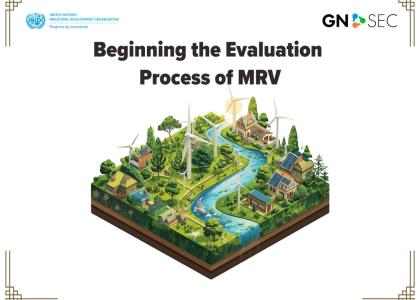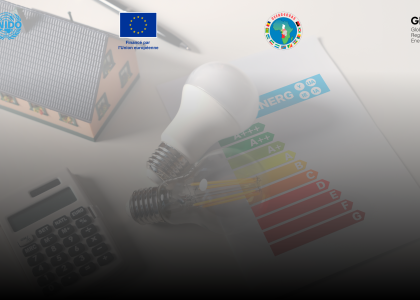The West Africa Clean Cooking Alliance (WACCA), in collaboration with The Gambian Ministry of Energy, held the validation workshop of the National Action Plan on Sustainable Cooking Energy on December 23rd, 2015 at the Baobab Resort Hotel, Bijilo.
Serving as chairman, Mr. Kemo Ceesay, Director of Energy of the Gambia, thanked all participants and wished for a fruitful deliberation in the hope to make the document as inclusive as possible. He appreciated the quality of the work accomplished by the consultants while insisting that the Action Plan, once validated, belongs to all stakeholders. He then invited the representatives from ECREEE, Ministry of Energy and GVEP International at the high table to make their introductory remarks.
In his opening speech, Mr. Bah Saho, Renewable Energy Expert, representing the Executive Director of ECREEE, highlighted that ‘’ECREEE, through the establishment of the West African Clean Cooking Alliance (WACCA) aimed to ensure that the ECOWAS region sets the priority on the global issue of access to clean cooking energy. Therefore, the WACCA initiative is working diligently to achieve ambitious targets, in order to reverse the trends with regards to inefficient use of biomass for cooking and casualties associated with indoor-air pollution.’’
Mr. Louis Seck, representing GVEP International, buttressed the aspect of gender mainstreaming not only on paper as he recognized that the draft Action Plan gave considerable attention to gender but added that it is only in the implementation that the millions of women and children, who currently bear the burden of cooking related activities will feel the difference.
According to Mr. Modou Njie, Permanent Secretary of the Ministry of Energy, representing the Honorable Minister, ‘’it is unconceivable that in the 21st century, women and children are still exposed to high levels of indoor-air pollution as a result of cooking with solid biomass fuels in inefficient stoves’’. However, he pointed that WACCA, as a regional initiative, has the best prerogatives to ensure barriers to widespread adoption of clean cooking energy services are removed. He thereafter declared the workshop formally opened, giving way to several interesting presentations.
In the first presentation, which was given by the Coordinator of WACCA - Mr Siré A. Diallo, he discussed the main intervention areas of WACCA: Policy and Regulation, Access to Finance, Market Transformation, Capacity-building, Awareness-raising and Knowledge-management, while ensuring gender appropriateness.
Mr. Louis Seck was then invited to make a presentation, which focused on the gender advocacy project, GVEP is now implementing in Senegal. He confirmed the importance of gender considerations within WACCA’s strategy during his presentation.
Part of the workshop was devoted to capacity-building, where Mr. William Horsu, coordinator of the Ghana Alliance for Clean Cookstoves (GHACCO), took the participants through the different steps of establishing a national alliance. As a result, a national alliance will be established in The Gambia, to take ownership of the National Action Plan and to ensure the issue of sustainable cooking energy receives adequate attention within national priorities.
The highlight of the workshop was, the presentation of the draft National Action Plan by the consultants, which was followed by questions and contributions from participants regarding data, specific priority actions and implementation plan. Through a group exercise, participants were able to discuss each priority area of the Action Plan in depth, in order to determine their relevance. At the end of the discussions, the draft National Action Plan of The Gambia was thereafter validated by the workshop participants, subject to incorporation of the comments.
In the closing session, Mr. Saho, representing ECREEE, thanked the participants, the Government of the Gambia and the Ministry of Energy for the stewardship in this process. Special mentions went to GIZ and the Austrian Ministry of Environment for their financial support for the development and this Action Plan. He reiterated that the doors of ECREEE are always open to the member states for collaboration and technical support to achieve sustainable energy access. In his remarks, the Permanent Secretary of the Ministry of Energy, thanked participants for the high-spirited discussions. He stated that ‘’the ensuing action plan, is a roadmap towards addressing energy poverty which is afflicting women in a disproportionate manner’’. He asserted that the Ministry of Energy will fully support the implementation of the Action Plan.
The workshop was attended by more than 40 participants representing stakeholders from the whole value-chain of cooking energy from the country and the region.

